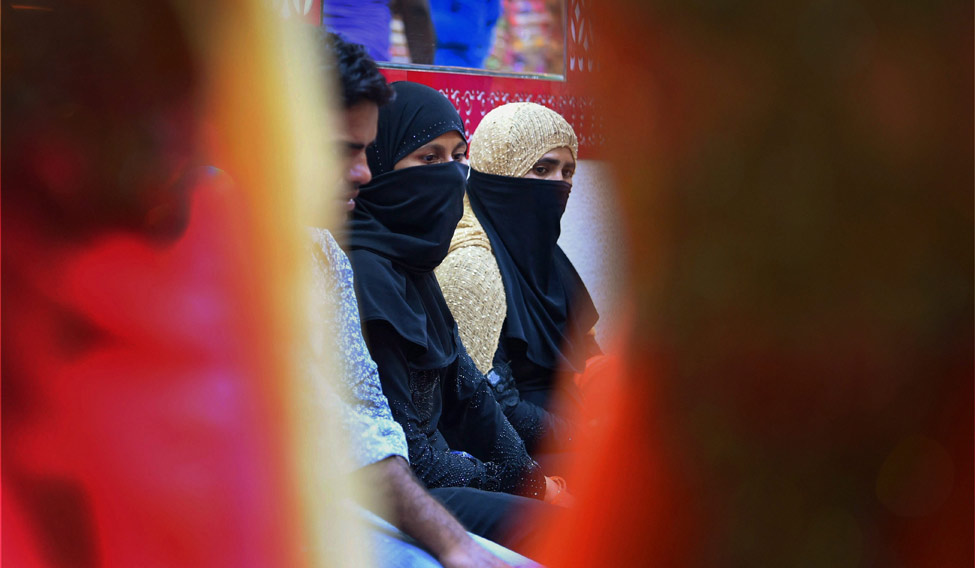With the Supreme Court striking down instant triple talaq as unconstitutional, the next question that arises is whether a legislation is needed to implement the outlawing of the practice.
The Narendra Modi government has indicated that it does not intend to bring in a law on triple talaq, saying there is no need for a legislation as the top court has already set aside the practice as unconstitutional.
Union Law Minister Ravi Shankar Prasad suggested as much in his reaction to the judgment. “The government will consider the issue in a structured manner. A prima facie reading of the judgment makes it clear that the majority (of the five-judge bench) has held it (triple talaq) unconstitutional and illegal,” he said.
Two of the five judges on the Constitution Bench of the Supreme Court—Chief Justice J.S. Khehar and S. Abdul Nazeer—said in their judgment that while the court could not interfere in the matter as it lay within the purview of Article 25, which is relating to freedom of faith, it was for Parliament to enact a law to outlaw the practice.
According to a senior official in the law ministry, the existing sections under the IPC and the CrPC were adequate for the law enforcement agencies to deal with cases of instant triple talaq. He gave the example of Domestic Violence Act, saying if a man forces his wife to get out of the marital home after pronouncing instant triple talaq on her, she can report the matter to the police, who can then book the man under Domestic Violence Act. “As instant triple talaq has been ruled as illegal by the Supreme Court, in the eyes of the law, a man will continue to be regarded as the husband even after he has spelt instant triple talaq to his wife,” he said.
“If a man still resorts to it, the wife can report the issue to the police or even take him to court,” the official said.
However, as a certain level of confusion prevails on how the court order will be implemented, the Centre is likely to issue a set of guidelines to the states on how various circumstances arising out of pronouncements of instant triple talaq are to be dealt with by the law enforcement agencies when they receive complaints. An advisory will be sent to all the chief secretaries and state DGPs on the implementation of the court order.
Meanwhile, speculation is rife on what would be the Modi regime's next moves on the issue of bringing in the Uniform Civil Code in the light of the Supreme Court's verdict on triple talaq. It has already asked the Law Commission to study the issue, collate views from various sections of the society and formulate recommendations on UCC.
The government has been saying that once the law commission submits its recommendations, it will hold an all-party meeting on the issue.
While the process of putting in place a UCC is expected to be extremely arduous and some would say that it is an impracticable idea for a country like India, it suits the Modi government to assert its commitment to it. UCC was a part of the BJP's manifesto for the Lok Sabha elections in 2014. Talk of UCC is expected to grow in the coming months, especially since Assembly elections are coming up in Gujarat and Himachal Pradesh later this year, and Karnataka, Madhya Pradesh, Chhattisgarh and Rajasthan in 2018.





